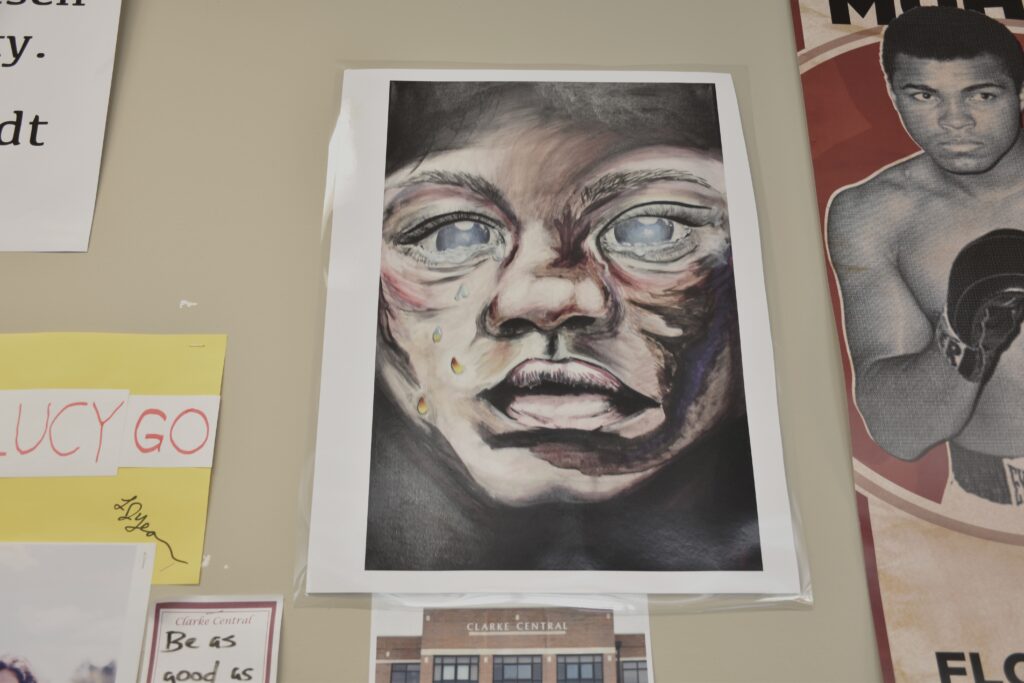
Ian Altman spends his weekdays teaching his students at Clarke Central High School about life. He assigns speeches written by James Baldwin, explains passages from novels by Toni Morrison and helps make sense of words written by William Faulkner.
As an 11th-grade English teacher in his 18th year of teaching at Clarke Central, Altman is no stranger to the complicated and uncomfortable reality of many American classic novels.
He is also no stranger to the responsibility that goes along with teaching them.
“We do have a responsibility to teach the truth. And if the truth is ugly, well, I didn’t do that,” Altman said.
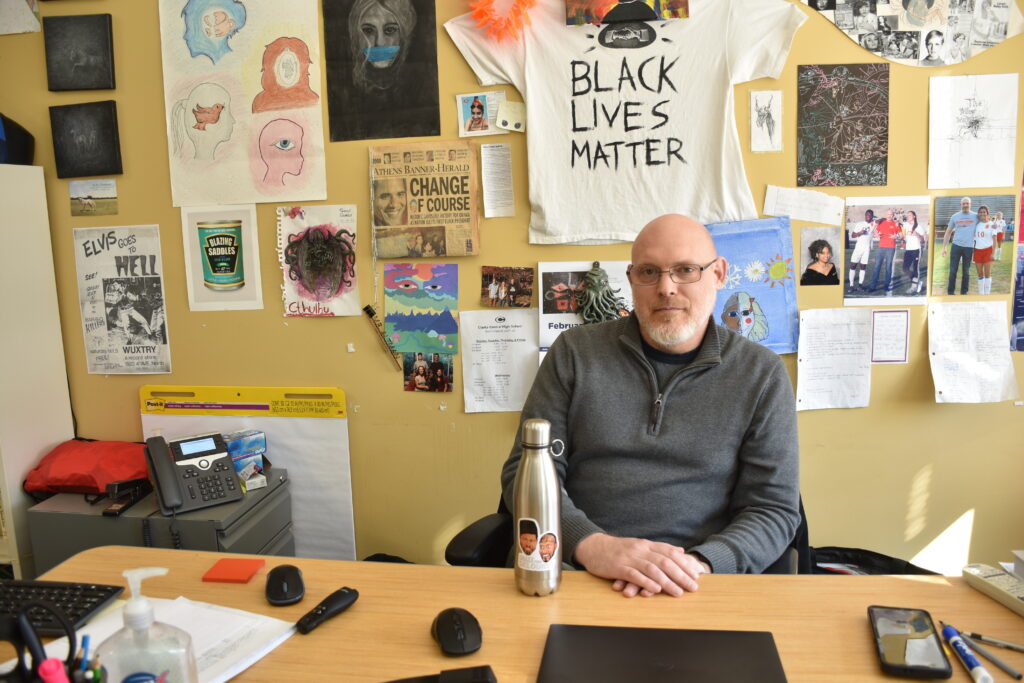
Baldwin, Morrison and Faulkner are three authors whose books have been banned in schools across the country for their controversial content considered too inappropriate for young students. They are only three authors among many.
According to PEN America, there were 3,362 book bans in the 2022-2023 school year, a 33% increase from the year prior. More than 40% of these bans occurred in Florida.
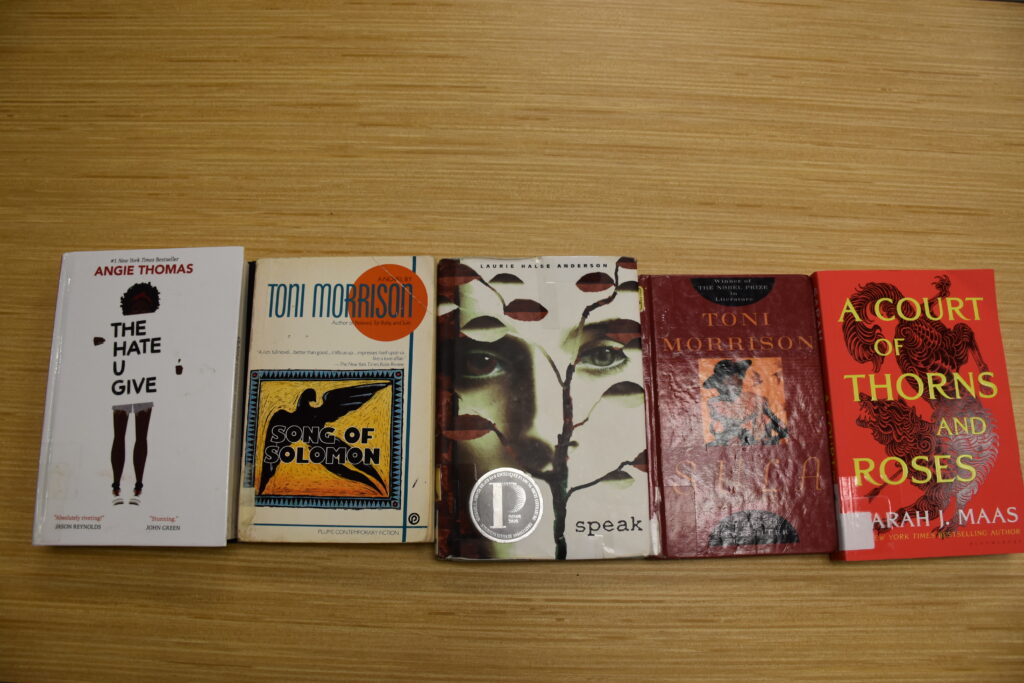
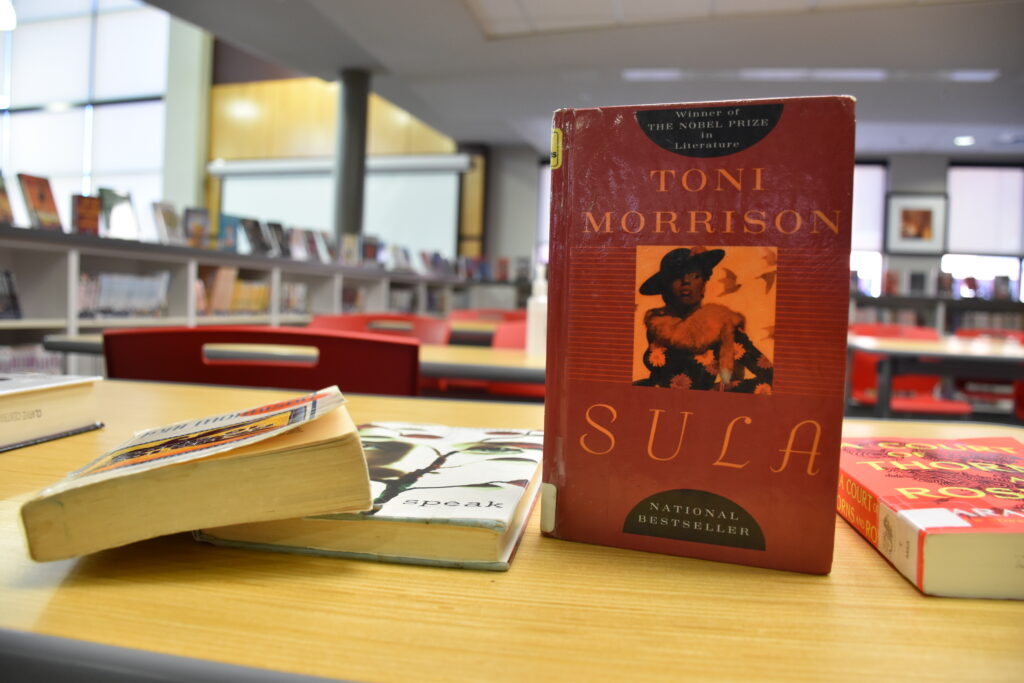
Behind the Book Challenges
Since 2022, Florida Gov. Ron DeSantis has propelled a series of measures that have led to an increase in restricted books in Florida schools. Florida was also the first state to enact laws that make it easier for parents to challenge books they perceived were inappropriate in school libraries. The books being challenged contain themes of sexuality and LGBTQ+ issues in addition to race and racism.
Other states such as Arkansas, Oklahoma, Indiana and Georgia have followed suit. In April of 2022, Georgia Gov. Brian Kemp signed Senate Bill 226 into law, which defines a process for challenging a book’s content and allows parents to request that a book be removed from school libraries if it contains “material that is harmful to minors,” with limits on who is allowed to make these challenges.
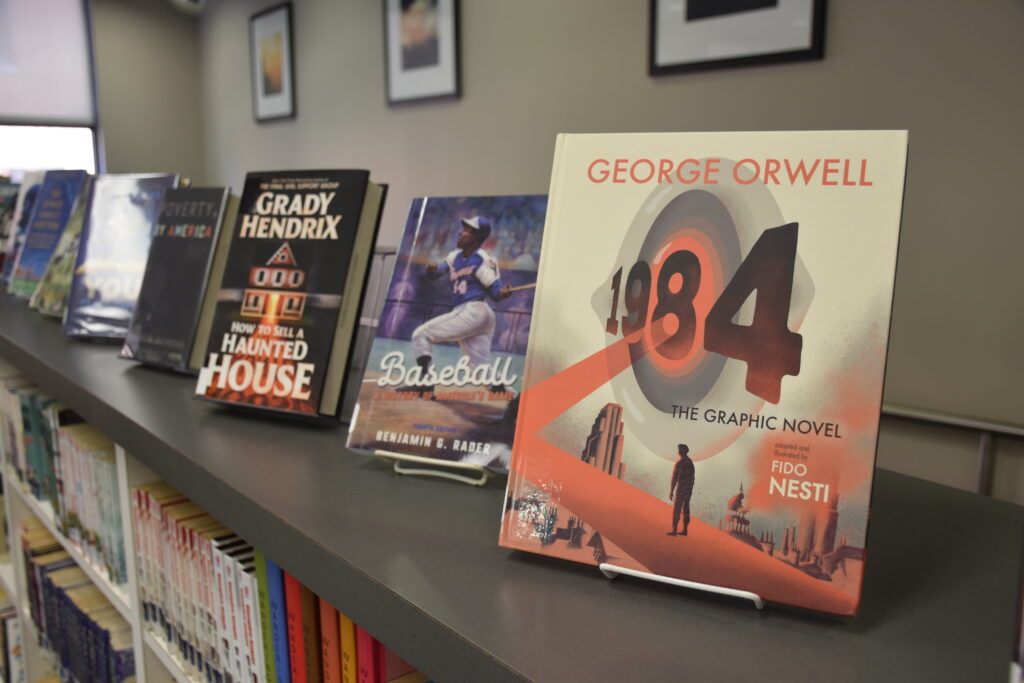
Moms for Liberty is a well-known organization that has gained media attention and bolstered support for challenging books with mature content. The organization advocates for parental rights at all levels of government, according to its website. As of July 2023, it has grown to consist of 285 chapters in 45 states. Parents across the country have either found themselves siding with Moms for Liberty and forming less formal groups like the “mama bears,” which consist of women living across the United States who also believe in parental rights, or reject the movement altogether.
These opponents of book challenges view the removal of books from schools as an act of discrimination.
An article by PEN America spoke about discrimination in education stating, “Education gag orders and books bans, on their own and cumulatively, discriminate against LGBTQ+ communities and communities of color, with a disproportionate impact on BIPOC LGBTQ+ persons and communities.”
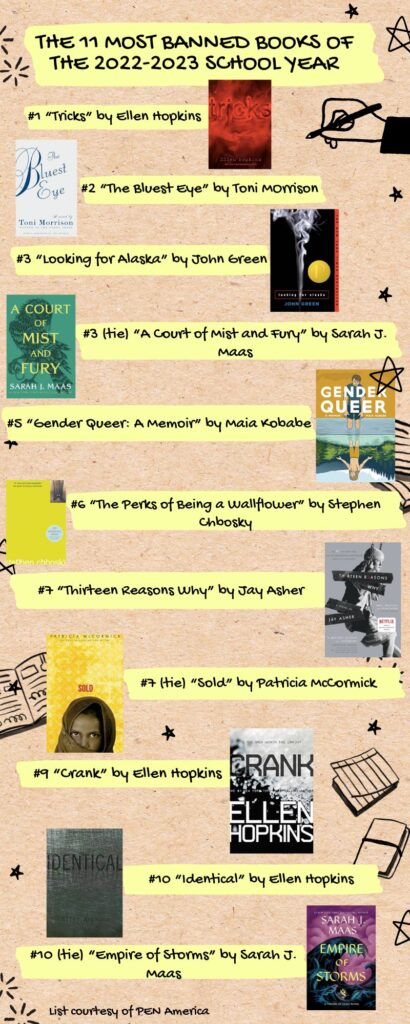
Altman views the restriction of certain books as a form of control.
“A lot of politicians and parents are … really just want to control and restrict what gets talked about in classrooms,” he said.
A middle school public teacher in the Clarke County School District who wishes to remain anonymous, thinks that a lot of the book challenging that organizations like Moms for Liberty do is just “theater.”
“It’s not about your child reading a thing. It’s you don’t like a thing, and therefore you want to do this,” they said.
According to Altman, fear also plays a role.
“There’s genuine fear of students able to think for themselves and to realize that maybe their parents were just full of shit,” he said.
This idea that “times are changing” creates a complicated dynamic between generations.
“The larger culture has become more and more open to a wider array of sexualities and has become more generally aware of the abuses in history,” Altman said.
Although the United States is becoming more progressive, there are still books that Altman will steer clear of teaching if it is too mature for his 11th-grade students.
Altman respects the wishes of his students’ parents and has created a balance between teaching content he believes is vital to proper education without going too far. He achieves this balance through transparency.
“I give them everything that I’m gonna teach, and I haven’t had any problems,” he said. “I still teach Faulkner, I still teach Toni Morrison, I still teach James Baldwin…all the things that some parents have gotten upset about, I’m still teaching those.”
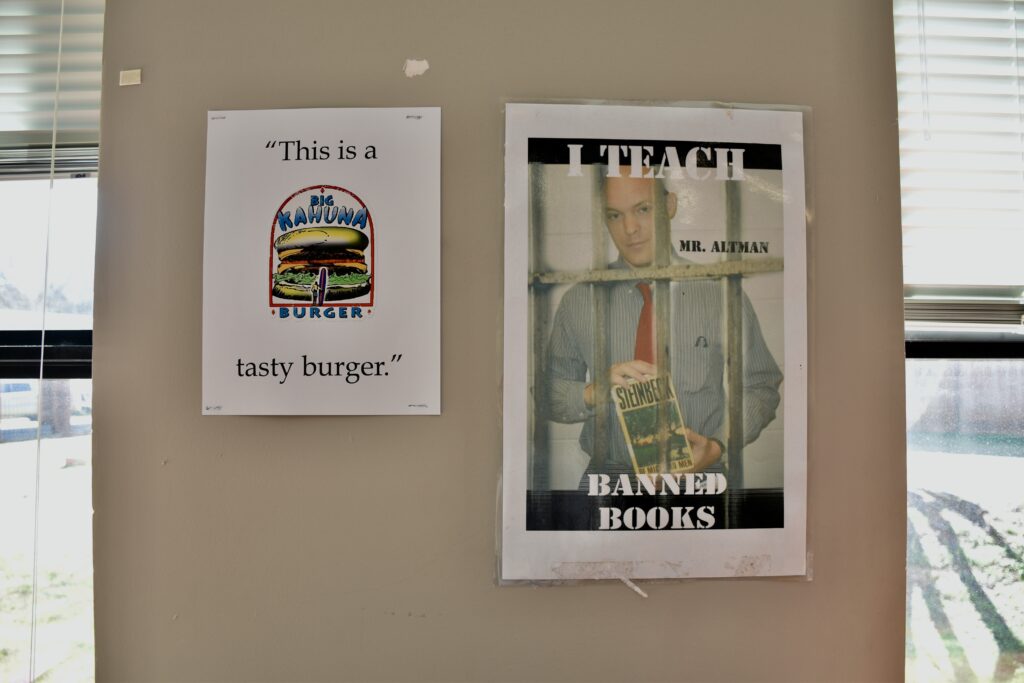
This transparency seems to play a vital role in the trust between teacher and parents. Although Altman has dealt with parents who question his use of some books such as William Faulkner’s “Barn Burning,” he has yet to have any parent try to restrict a book.
The anonymous source shared a similar sentiment, saying that they also haven’t experienced a book banning attempt firsthand. According to Cyndee Moore, the executive director of public relations and communications for the CCSD, there have been no book bans in Clarke County since she began working for the district in July 2022.
However, the Clarke County School District has defined a process for the reconsideration of media center materials. This procedure begins with an objection filed by a complainant which gets submitted to the school principal to be evaluated by the school media committee, and the complaint can go as far as being appealed to the State Board of Education.
If content is considered “harmful to minors,” then it is covered by board policy IKBC, which is state law.
Both Altman and the middle school teachers are a part of these Media Committees in place at their respective schools that are prepared for any book challenges that might occur.
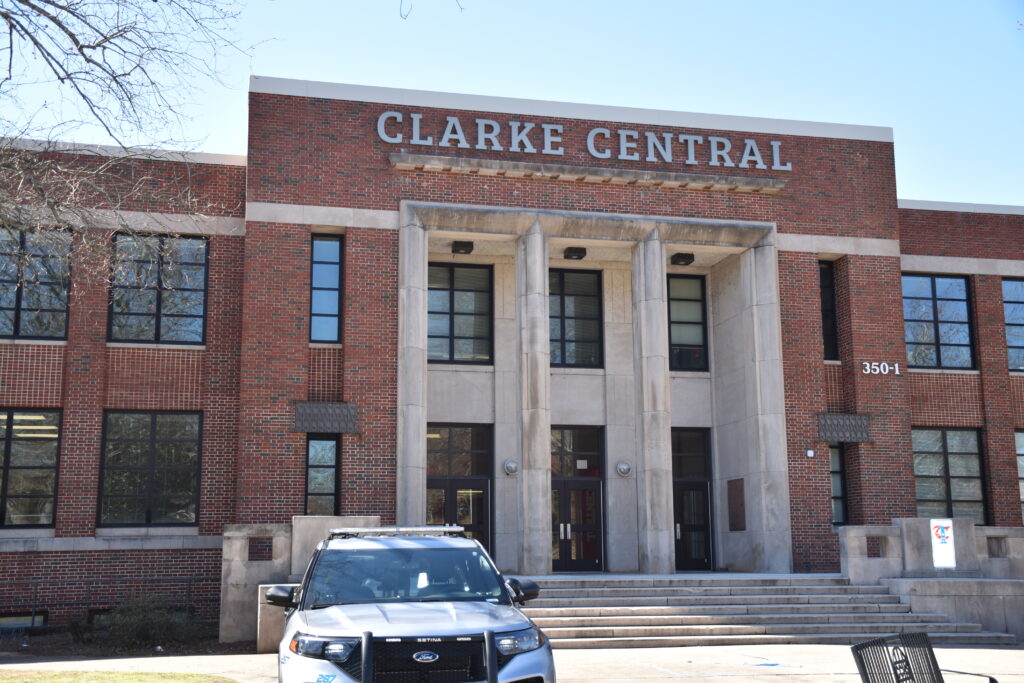
Although CCSD has yet to face any major challenges to its curriculum, other counties in Georgia have.
In September of 2023, Cobb County teacher Katie Rinderle was fired by the school board after her decision to read a book titled “My Shadow is Purple,” which discusses gender identity, to her fifth-grade class, without parental permission. In Oconee County, members of Moms for Liberty and its supporters called to end library programs about LGBTQ+ youth and children and to ban juvenile books dealing with those subjects.
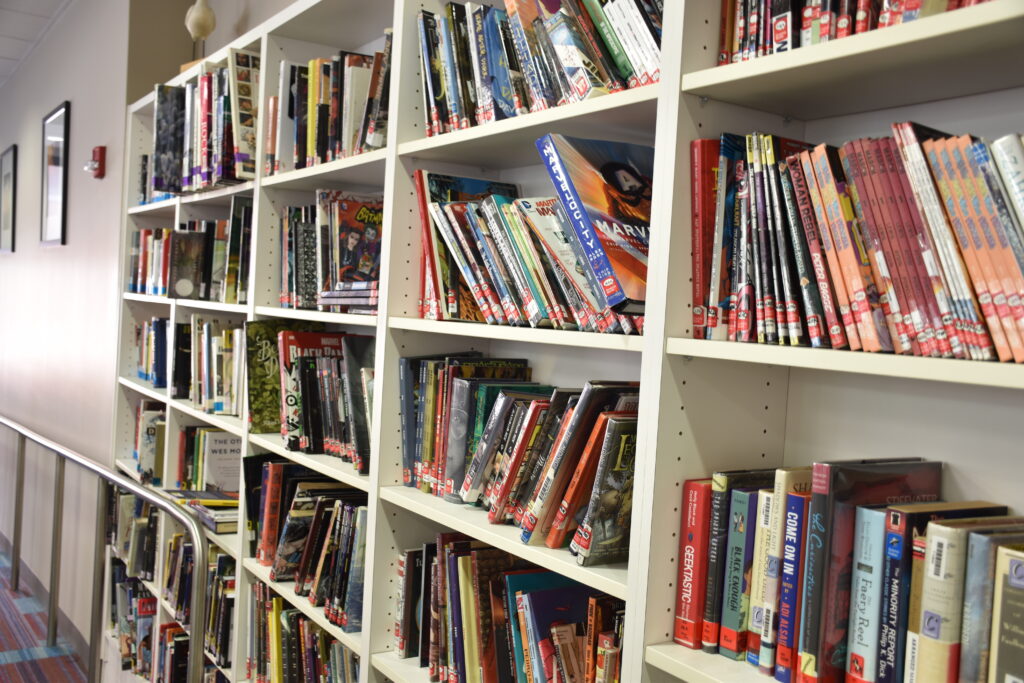
What Gets Lost in the Margins
As more and more cases of book challenging take form, the LGBTQ+ and racial themes being challenged open the floor for debate about representation.
According to the anonymous middle school teacher, representation is crucial. When kids see themselves represented in the media, they are greatly impacted by it.
[When we represent kids] We give kids a chance to connect. We give kids a chance to hope. We give kids a chance to dream. And…whatever a kid is, whatever a kid’s going to be, everybody should have that,” they said.
Altman emphasized the hurt a student might feel if they see themselves in the books removed from schools.
“It just makes sense to me that it would be hurtful to ban these books so…that students can’t see themselves represented,” he said.
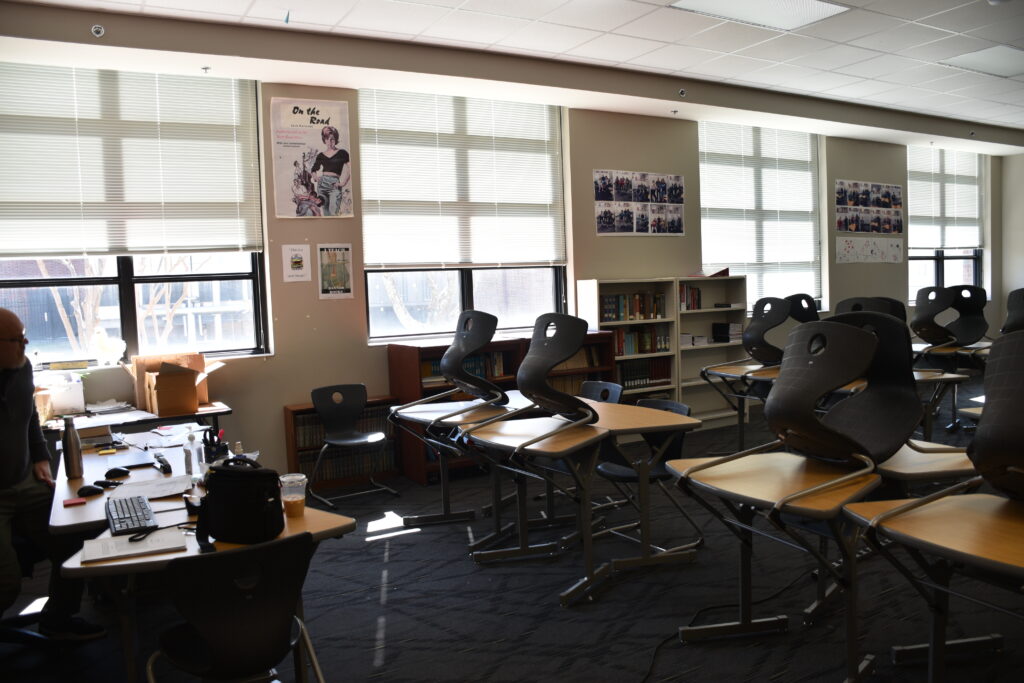
However, one point of agreement across all opinions is that books do matter, and their content, characters and messages have a powerful impact on people.
“I very much think that one of the magics of a book … we are more likely to be empathetic with people that are not like us, if we have grown up as a reader,” they said.
According to the middle school teacher, representation is at the core of what students believe they can become.
“Everyone can be a hero, you just have to decide that it’s you. The moment you know it’s you, you’re ready,” the anonymous source said.
For now, Altman continues his weekdays at Clarke Central High School, teaching his students about life, encouraging them to think beyond what they know and pushing them to learn something new about the world around them — even when it’s hard.
“Thinking itself should be discomforting,” Altman said. “If you’re not able to think about these things and come to your own conclusions and learn something that you don’t already know or at least think you know, then why even come to school at all?”
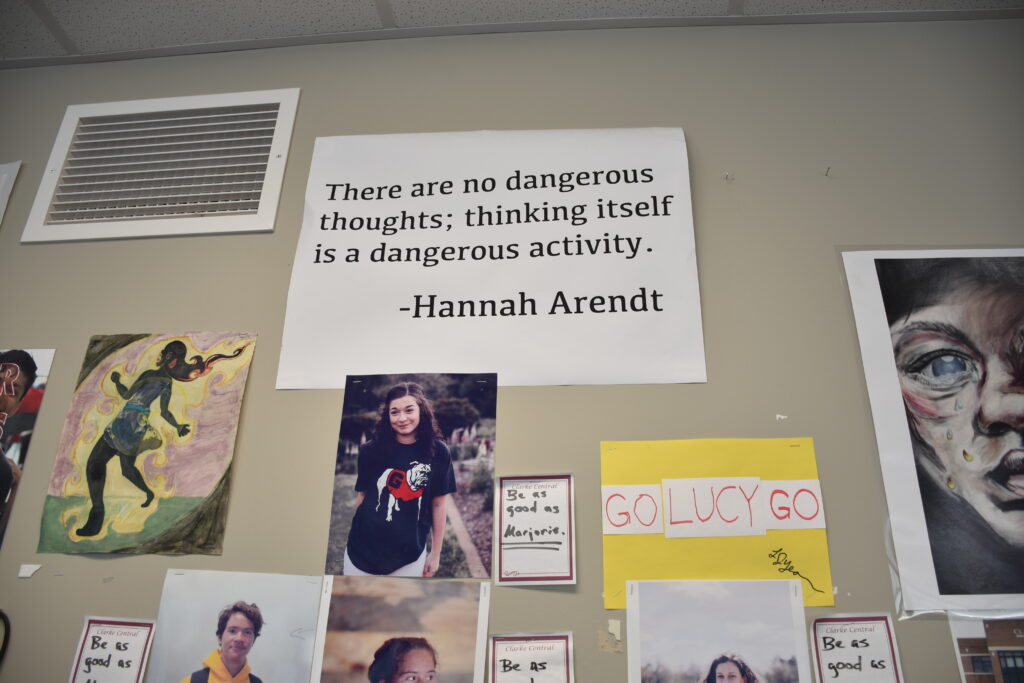
Katie Hughes is a senior journalism student at the University of Georgia with minors in political science and communication studies.




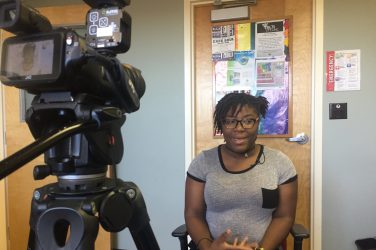



Show Comments (1)